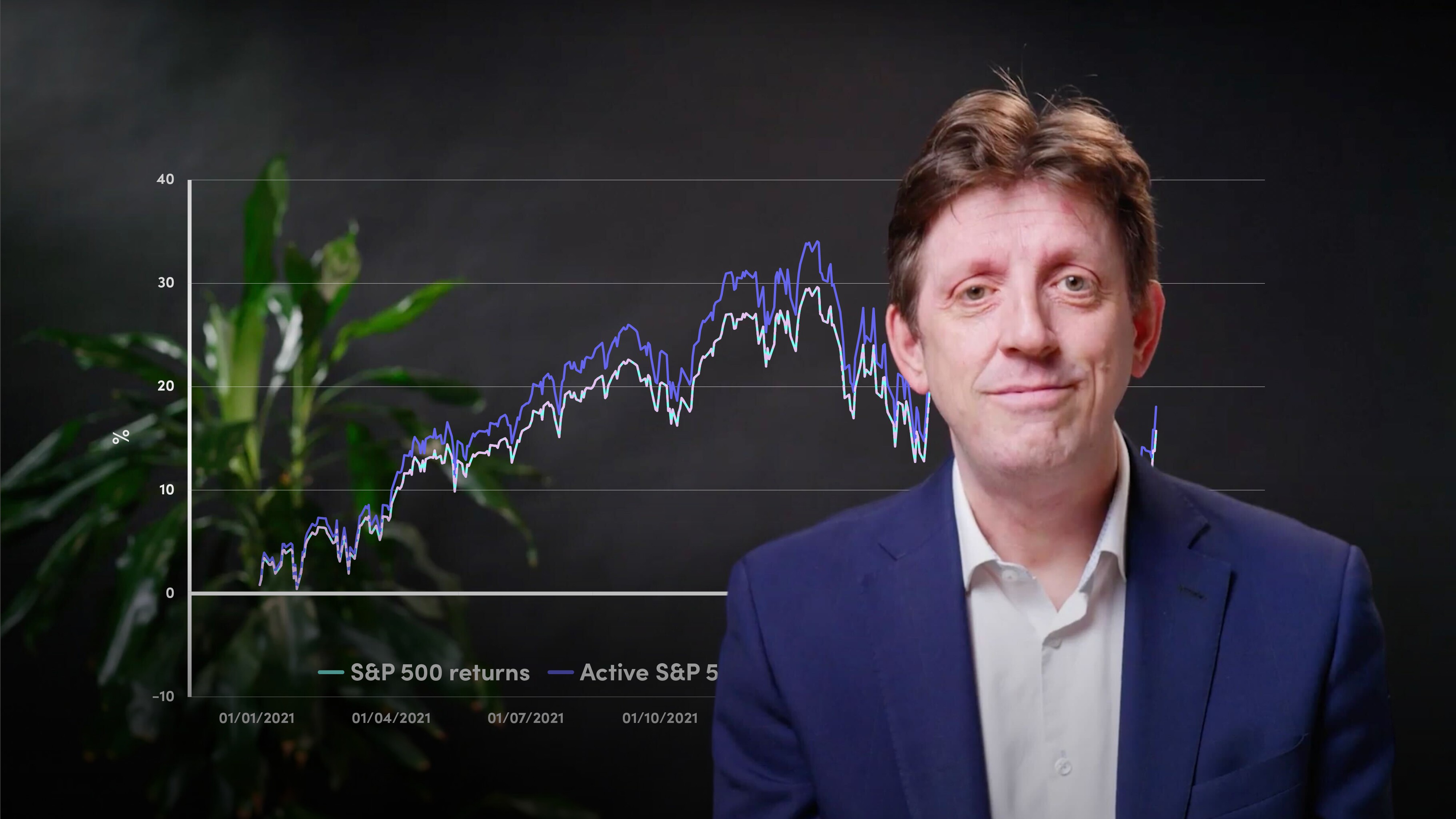
The Role of Investment Managers

Lindsey Matthews
30 years: Risk management & derivatives trading
As we've outlined in the previous videos, asset owners can invest directly in the markets, however they may also choose to invest through funds which pool capital with other investors. This video will explain the purpose of funds as well as how they are managed.
As we've outlined in the previous videos, asset owners can invest directly in the markets, however they may also choose to invest through funds which pool capital with other investors. This video will explain the purpose of funds as well as how they are managed.

The Role of Investment Managers
9 mins 3 secs
Key learning objectives:
Understand why investors would use funds
Outline how these funds are managed
Identify the different types of funds
Overview:
Pooled investment vehicles, or funds, allow asset owners to invest and pool their money with other investors. These funds will be managed by investment managers who will execute transactions on behalf of the fund, they will manage investment risk and calculate and report performance and they will ensure compliance with associated rules and regulations. There are different types of funds with different objectives, such as specific asset class funds, hedge funds or active and passive funds. Each of these funds will have different fees and rules based on their strategies.
Why would an investor use funds and how are they managed?
Investors use funds to reduce risk. Instead of investing directly on their own, they can pool capital with other like-minded investors and rely on an asset manager to make the decisions for them.
Investment management companies (Vanguard, Fidelity, Blackrock to name a few) will set up funds and will market them as products to investors. They will make investment decisions, execute trades, manage risk and calculate and report performance, and will ensure compliance with any rules and regulations. The investment management company will earn fees, paid as a small % of the assets being managed.
What are the different types of funds?
There are a huge amount of funds, possibly more than there are individual equities across the globe.
Funds are usually characterised by their features. There are also multi-asset class funds which invest across different asset classes. There may be funds for a specific asset class or classes, i.e. bond funds. There are funds that are even more specific than that, such as US large equity funds as well as funds that are even more focused such as large cap value-oriented US equity funds.
Aside from the traditional asset classes, there are also lots of alternative investment funds, such as private equity funds, real estate funds, infrastructure funds and hedge funds. Hedge funds are different from the other funds in the sense that they are allowed to use a much wider range of strategies and investment techniques than traditional funds, this adds to the risk involved, therefore hedge funds are generally only available and marketed to sophisticated investors.
Another distinction is whether the fund is actively or passively managed. Passive funds attempt to replicate a particular index, whereas active funds try to beat it. Typically, the investment management fees that investors are charged for an active fund would be expected to be higher than on a similar but passive fund as the management of the fund requires more analysis and expert judgement making.
Funds also differ in the legal structure that is used to deliver the fund, and different structures are used in different jurisdictions around the world.

Lindsey Matthews
There are no available Videos from "Lindsey Matthews"

